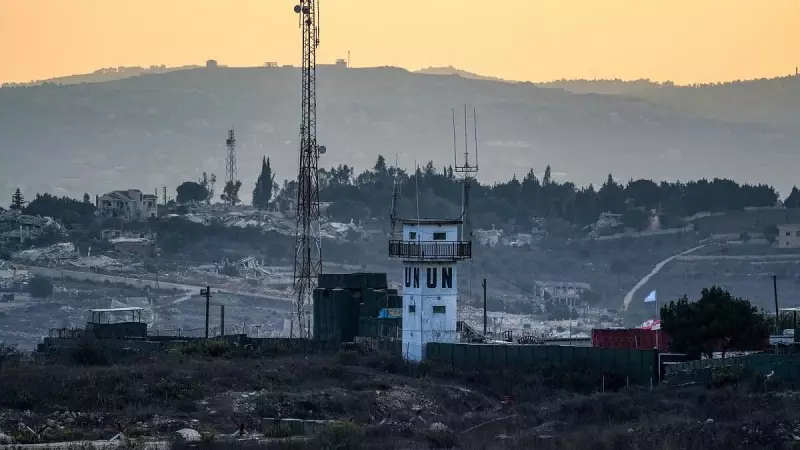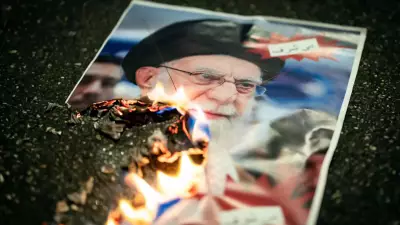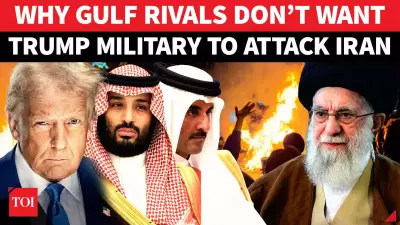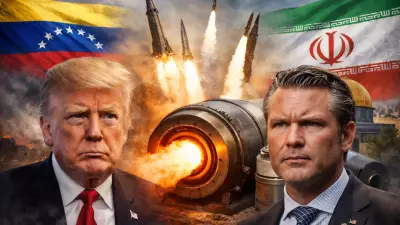
In a significant development that could shape regional dynamics, Hezbollah has declared that Lebanon will honour any ceasefire agreement reached in Gaza, while simultaneously ruling out direct negotiations with Israel. The powerful Lebanese militant group's position comes amid ongoing cross-border exchanges that have raised concerns about a wider regional conflict.
Hezbollah's Dual Position on Ceasefire and Dialogue
Hezbollah's leadership has made it clear that while Lebanon would be bound by any truce agreement concerning Gaza, this does not translate into willingness for direct talks with Israel. The group's deputy leader, Naim Qassem, emphasized this stance during recent statements, highlighting the complex political landscape that characterizes Lebanon-Israel relations.
"Any ceasefire reached in Gaza will automatically extend to Lebanon," Qassem stated, adding that "there will be no room for any negotiations or political discussions with the Israeli enemy."
Ongoing Cross-Border Tensions
The situation along the Lebanon-Israel border remains volatile, with near-daily exchanges of fire between Hezbollah fighters and Israeli forces. These clashes have intensified since the October 7 Hamas attack on Israel and the subsequent military operation in Gaza.
Recent developments include:
- Regular rocket and drone attacks from Lebanese territory
- Israeli airstrikes targeting Hezbollah positions
- Evacuation of border communities on both sides
- Growing international concern about escalation
Regional Implications and International Response
The Hezbollah announcement comes as international mediators, including the United States, continue efforts to broker a ceasefire in Gaza. The group's position underscores the interconnected nature of conflicts in the region and how developments in one arena directly impact others.
Western diplomats have been particularly concerned about the potential for the Gaza conflict to spill over into a wider regional war, with the Lebanon-Israel border representing one of the most volatile flashpoints.
Historical Context and Future Prospects
Hezbollah's refusal to engage in direct talks with Israel reflects longstanding policy. The group, which the United States and several other countries designate as a terrorist organization, has consistently opposed normalization with Israel and maintains its armed resistance stance.
As ceasefire negotiations continue in Cairo and other venues, all eyes remain on how the situation along the Lebanon-Israel border will evolve and whether current tensions can be contained without escalating into full-scale conflict.





